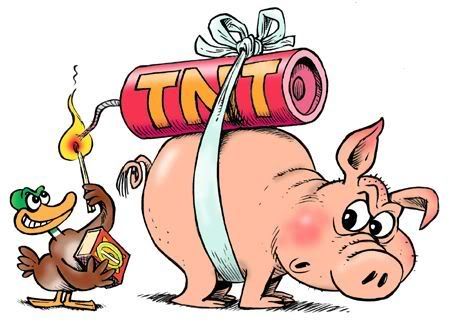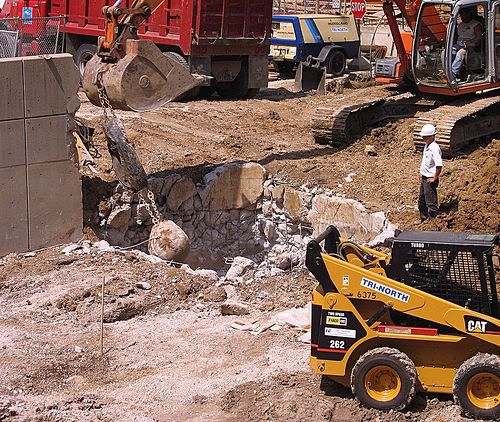 The Sacramento Delta is known for its fishing... and for tides that can rise and fall as much as six feet. The residential real estate market goes through similar cycles. A rising market can lift all boats, and a declining market can cause some property owners to run aground.
The Sacramento Delta is known for its fishing... and for tides that can rise and fall as much as six feet. The residential real estate market goes through similar cycles. A rising market can lift all boats, and a declining market can cause some property owners to run aground.Some people view this as a business opportunity and look for homeowners facing foreclosure who have equity in their homes but lack the ability to refinance. They may offer to rescue the homeowner from foreclosure and salvage their credit in exchange for title to the house. The distressed homeowner may also be granted an option for a fixed time period to re-purchase their home if they have a reversal of fortune.
But dealing with homeowners in foreclosure may be a trap for the unwary if they are ignorant of the Cal statutes that protect homeowners facing foreclosure. This is not a case where ignorance is bliss -- the violation of the statutes carry both civil and criminal penalties. (Civil Code 2945.6 & 2945.7)
The legislative findings in Civil Code 2945 explain why property owners of 1-4 residential units facing foreclosure need special protection. Civil Code 2945.1 broadly defines the term "foreclosure consultant" to include a variety of dealings with distressed property owners. Although the statutes contain specific exemptions, a 1997 California case holds that a licensed broker can be regulated as a foreclosure consultant.
A foreclosure consultant is required to prepare and enter into a written contract with the owner which discloses the nature of the services to be performed, the total amount of compensation and the terms of compensation. (Civil Code 2943) Foreclosure consultants must provide a statutory notice concerning the homeowner's legal rights under Civil Code 2943.5, including the right to terminate the contract within 3 days. An additional notice is required if the foreclosure consultant will assist the property owner in obtaining the release of any surplus funds after a completed foreclosure sale under Civil Code 2945.3(h).
Following the laws to the letter can protect both the foreclosure consultant and the property owner in California.


